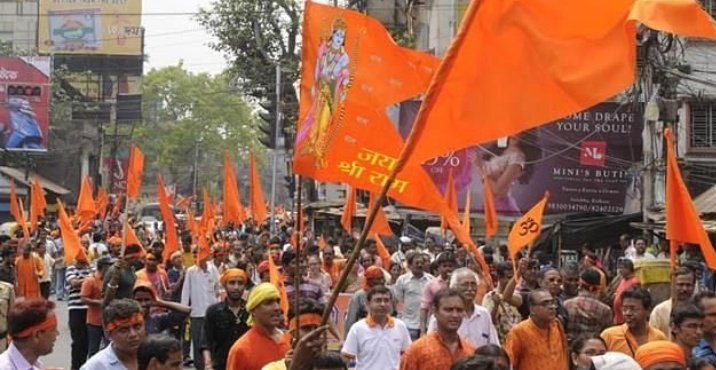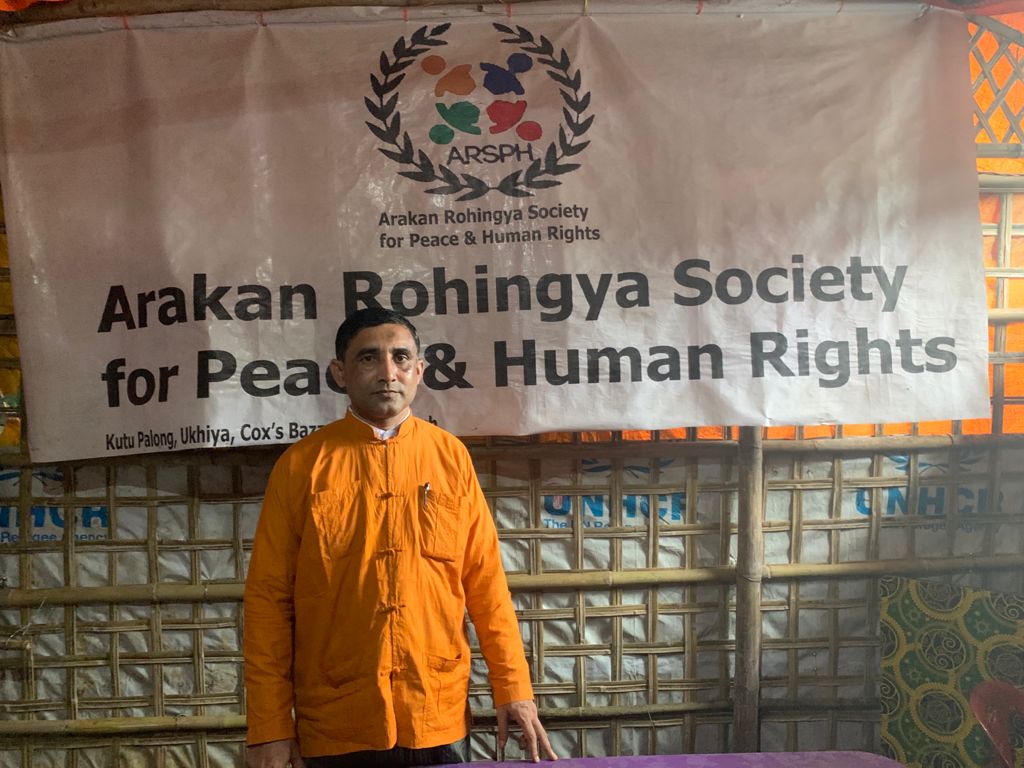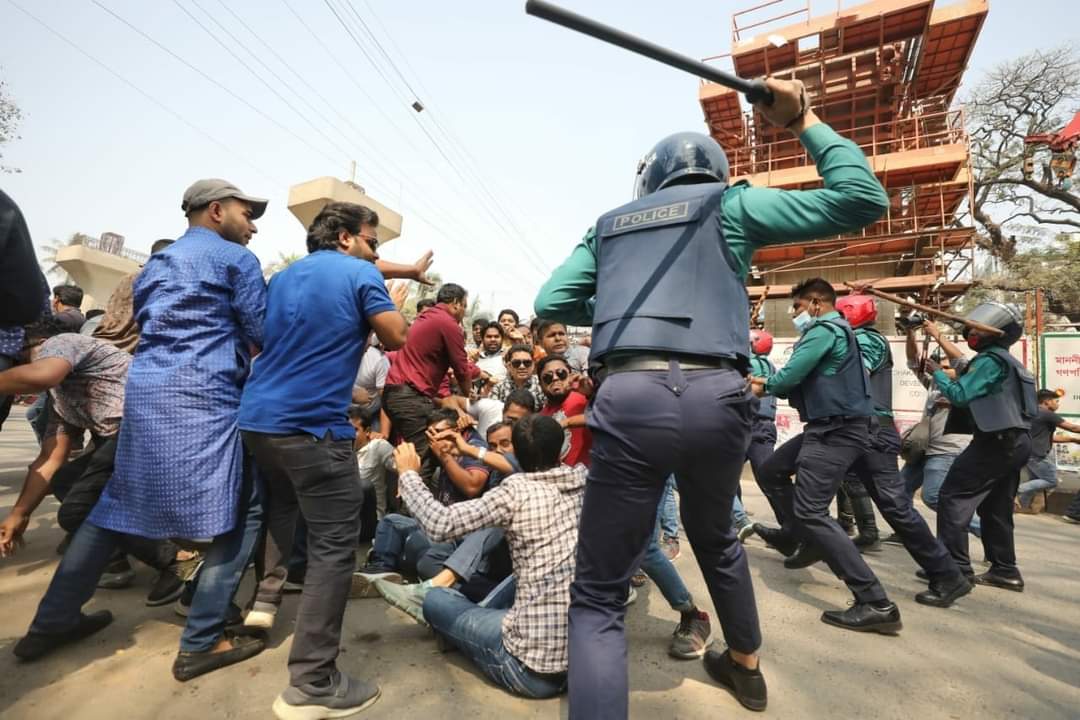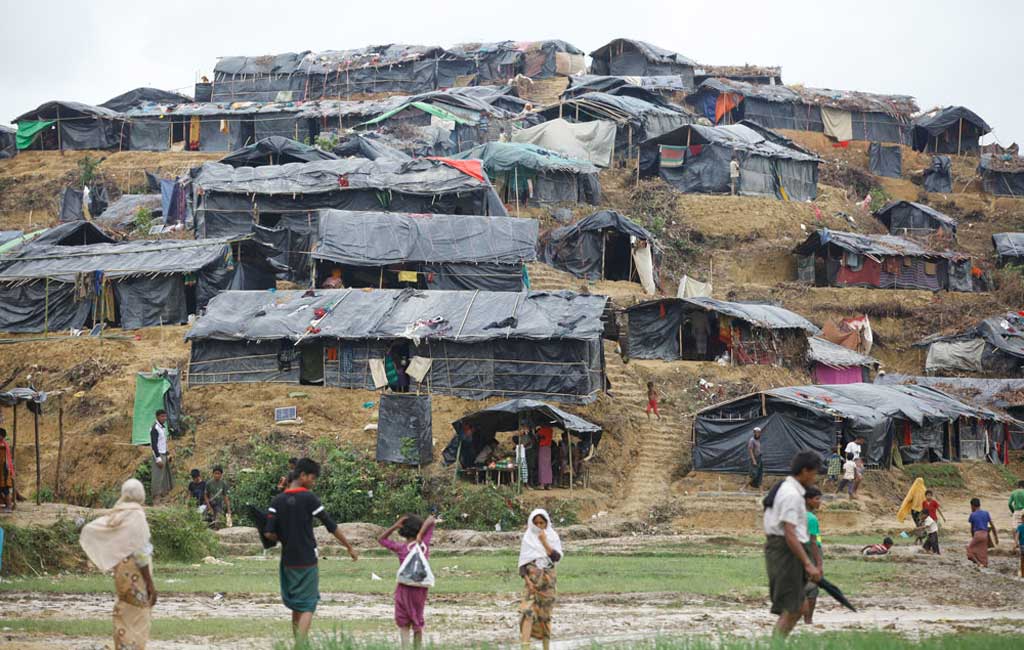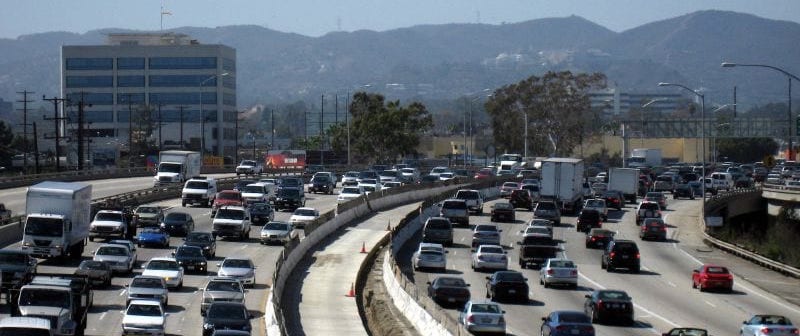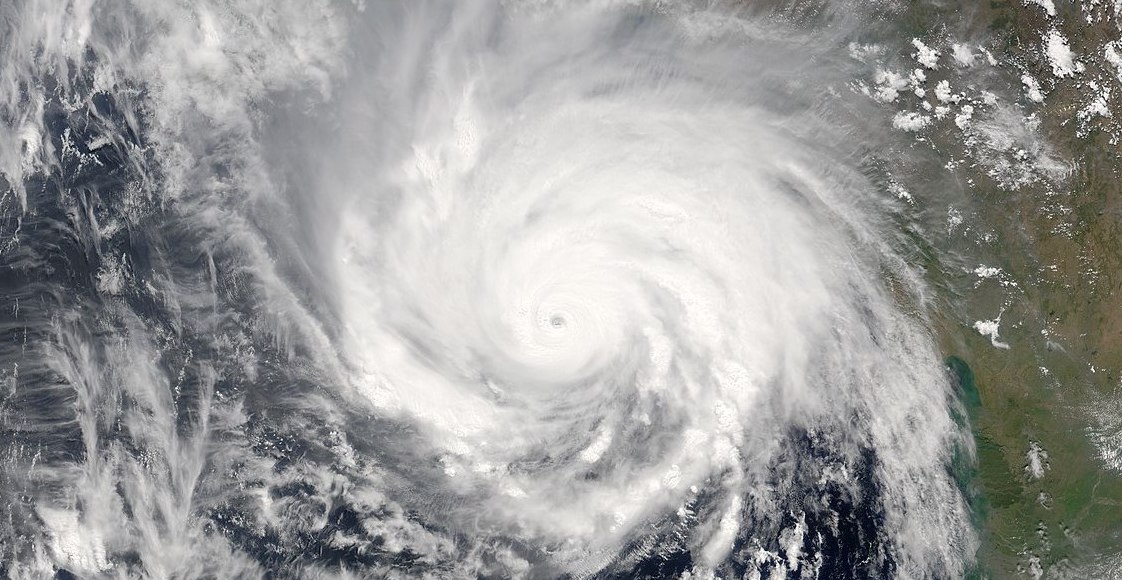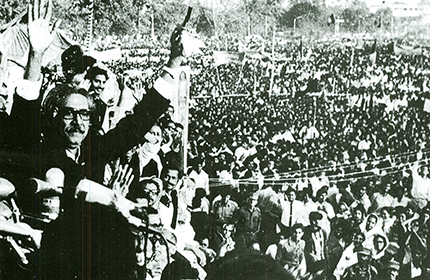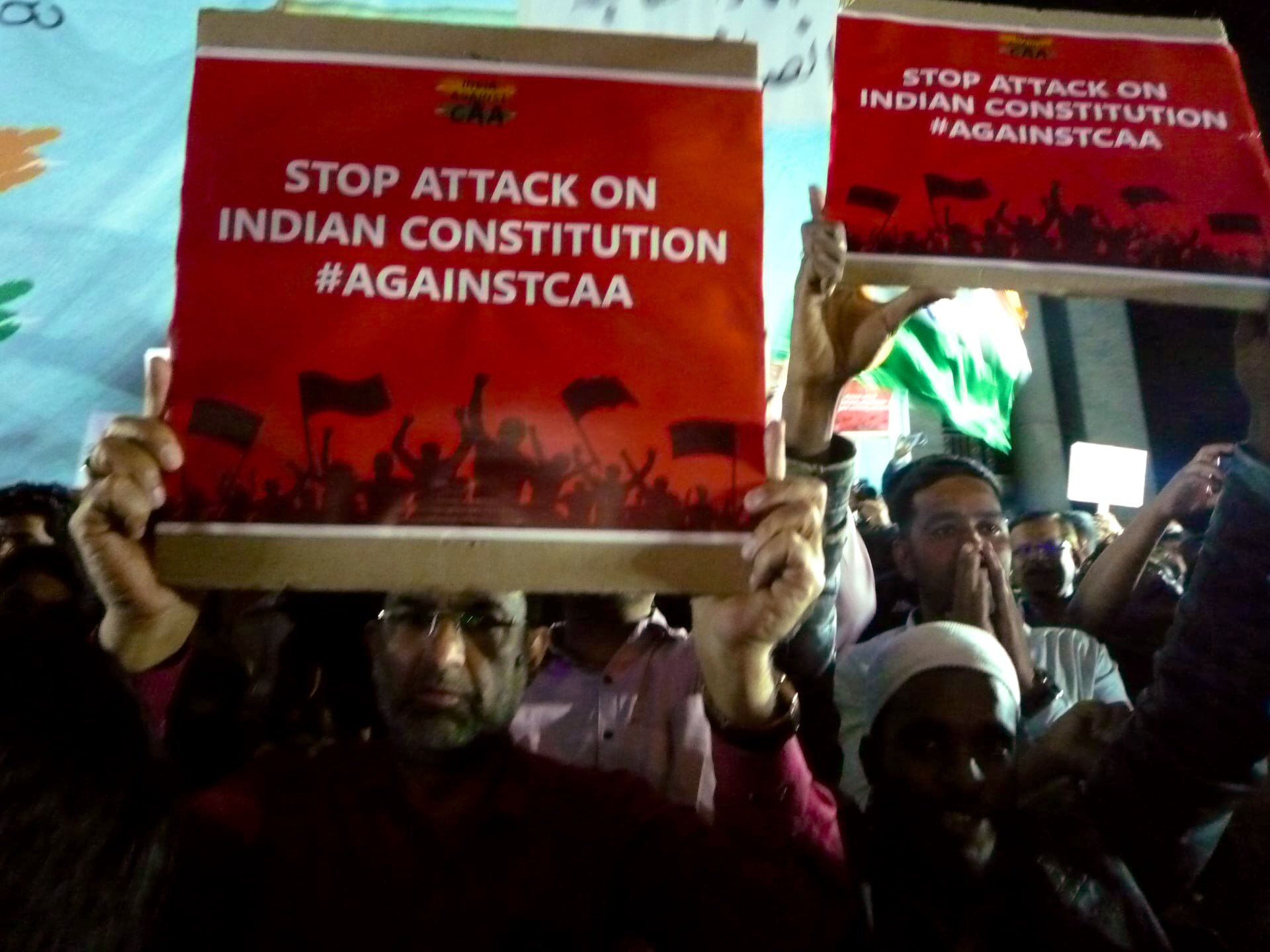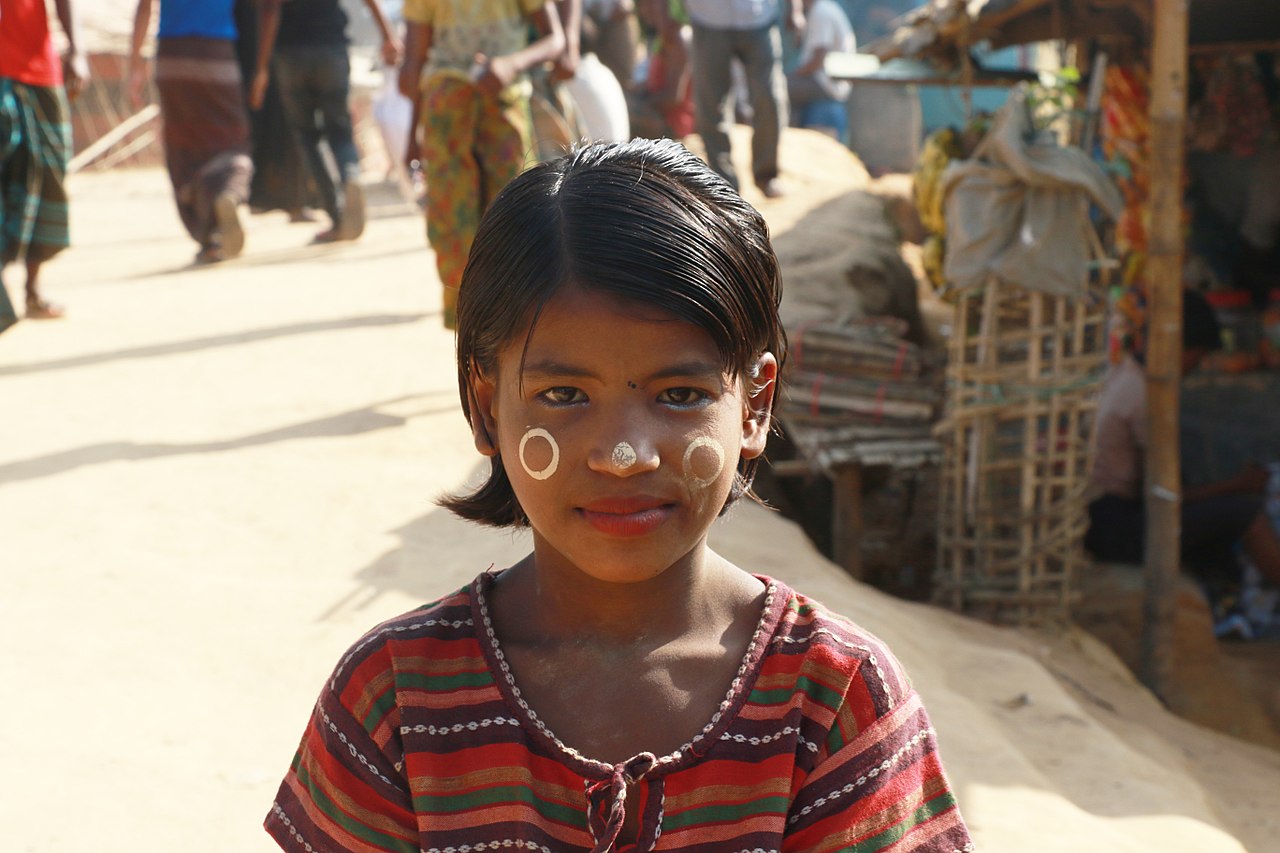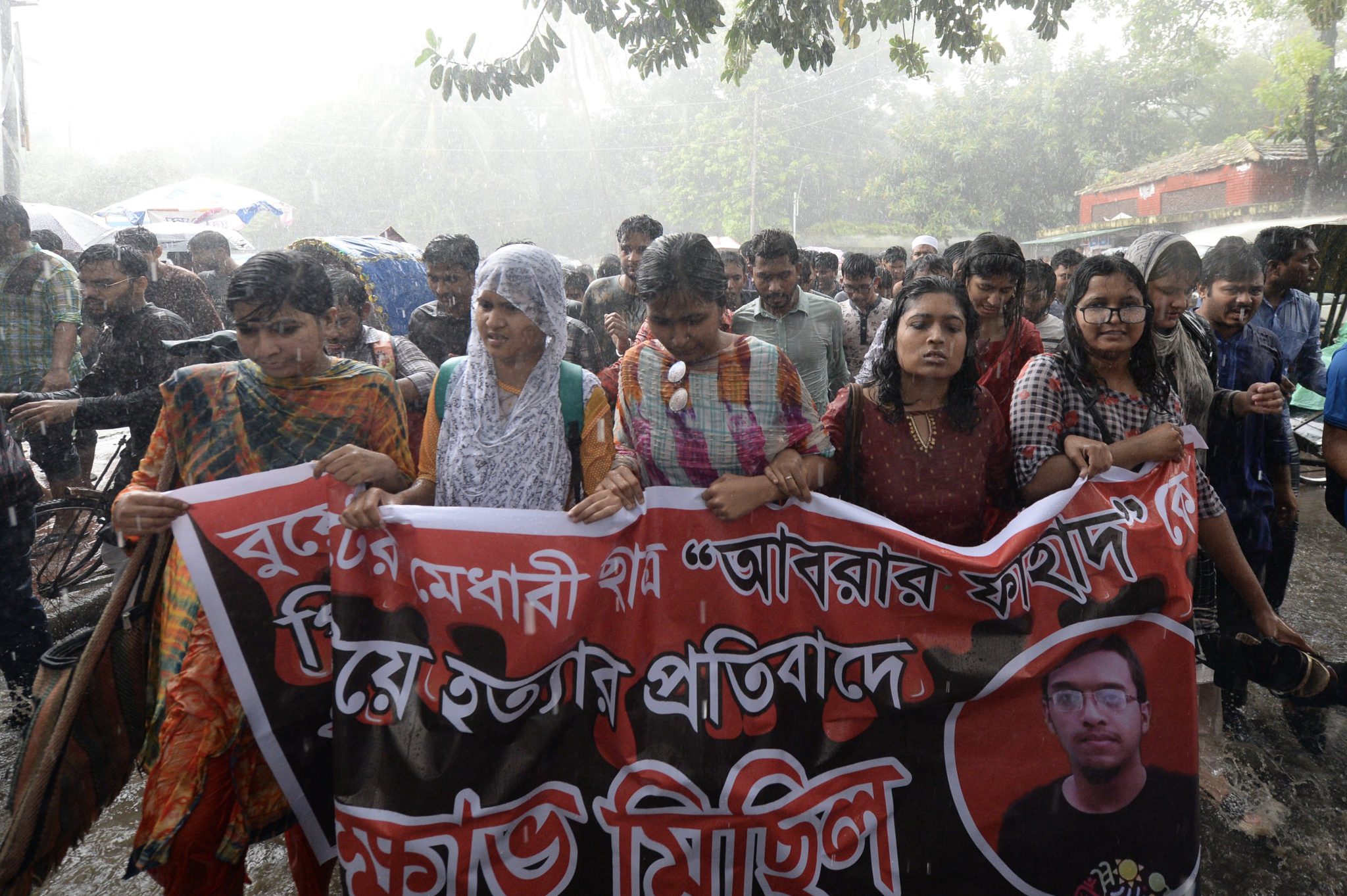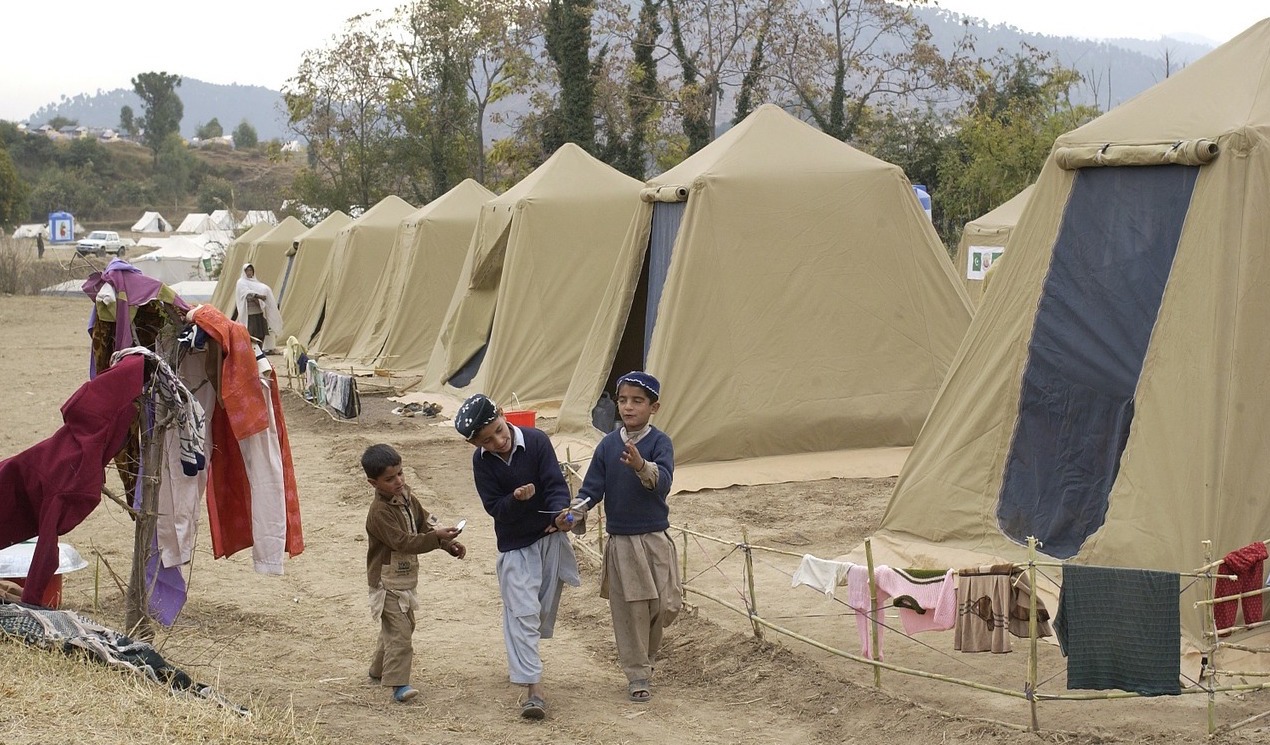
Number forcibly displaced worldwide 110 million: UN
The United Nations released the Global Trend Report 2022, on refugees, asylum seekers, internally displaced and stateless people worldwide. It finds that the number of forcibly displaced people stands at 108.4 million, with 29.4 million falling under the protection of the United Nations High Commissioner for Refugees (UNHCR). Both figures are at an historic high. The increase in forcible displacement within a single year is also the largest since UNHCR started tracking these statistics in 1975. In light of the continuing significant increase, the report says forcible displacement likely exceeds 110 million as of May 2023. (Photo: Afghan refugee camp in Shinkiari, Pakistan, via Pixabay)



